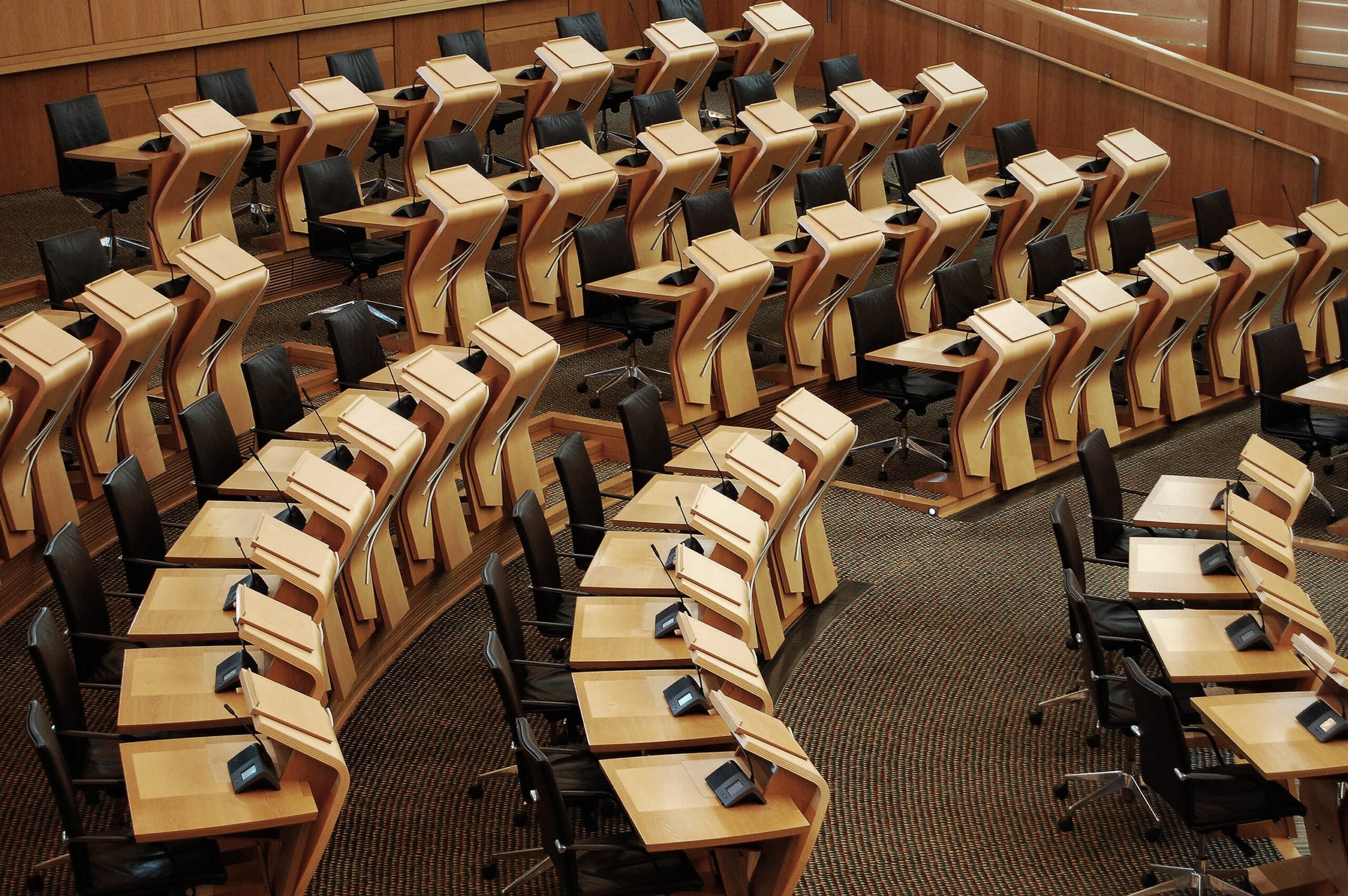Argentina Senate approves pension hike, defies Milei
Pension hike threatens Milei's fiscal plans amidst congressional opposition

Argentina’s Senate approved an increase to pension spending on Thursday, defying President Javier Milei’s strict austerity measures. The increase would cost at least 0.4% of the GDP, marking a significant blow to Milei’s economic plans.
This defeat highlights Milei’s weak position in Congress, dominated by leftist and centrist lawmakers. The bill, which passed the lower house in June, was supported by the Senate with a 61-8 vote. Nearly all opposing votes came from Milei’s party, indicating a failure to gain support from other right-wing factions.
Milei has promised to veto any legislation that hinders his “zero deficit” strategy. His spokesperson, Manuel Adorni, stated that any action against public accounts would face a veto. However, with less than 15% control of congressional seats and only seven out of 72 Senate seats, Milei’s veto could be easily overridden by a two-thirds majority.
Since assuming office, Milei has heavily relied on executive decrees to reduce state involvement, cut public spending, and deregulate the economy. In June, he achieved his first legislative victory with an economic reform bill after intense negotiations and protests.
However, the recent pension law, which includes an over 8% increase in retirement benefits this year, has reignited investor concerns about Milei’s ability to enforce his economic agenda. Argentina’s economy is notorious for debt defaults, overspending, and rampant inflation.
Despite achieving a rare fiscal surplus in his first six months by cutting state spending and halting public projects, the pension reform threatens the core of Milei’s fiscal program. Marcelo J. Garcia, Director for the Americas at Horizon Engage, noted that this setback reflects the influence of the hard-line faction within Milei’s circle.
Opposition lawmakers welcomed the pension law, which includes adjustments for inflation, currently at a staggering 260% annually. Supporters argue that since 2017, pensions have lost 45% of their value due to rising prices and a devaluing currency. Currently, the minimum monthly pension is around $233, while the cost of goods and services exceeds $300 per month.
Milei’s allies argue that the law will further strain the country’s finances. Senator Bruno Olivera Lucero from Liberty Advances warned that increasing benefits complicates fiscal balance, with pension spending expected to consume 0.4% of GDP this year and 0.8% next year.
Tensions between Milei and Congress have been high since he came to power last December, riding a wave of public discontent with Argentina’s political system.
What Other Media Are Saying
- AP News reports on President Javier Milei’s austerity measures in Argentina, highlighting widespread poverty and economic contraction amid high inflation rates.(read more)
- Standard Journal reports that a faulty update from CrowdStrike has affected 8.5 million Windows computers, causing significant disruptions worldwide.(read more)
Frequently Asked Questions
Here are some common questions asked about this news
What did Argentina’s Senate recently approve?
An increase in pension spending costing at least 0.4% of the GDP.
How did the Senate vote on the pension bill?
The Senate passed the bill with a 61-8 vote.
What is President Javier Milei’s stance on the pension bill?
Milei vowed to veto any legislation that undermines his ‘zero deficit’ plan.
Why is the pension reform significant for investors?
It raises concerns about Milei’s ability to implement his radical economic agenda.
How has inflation affected pensions in Argentina?
Since 2017, pensions have lost 45% of their value due to high inflation.







